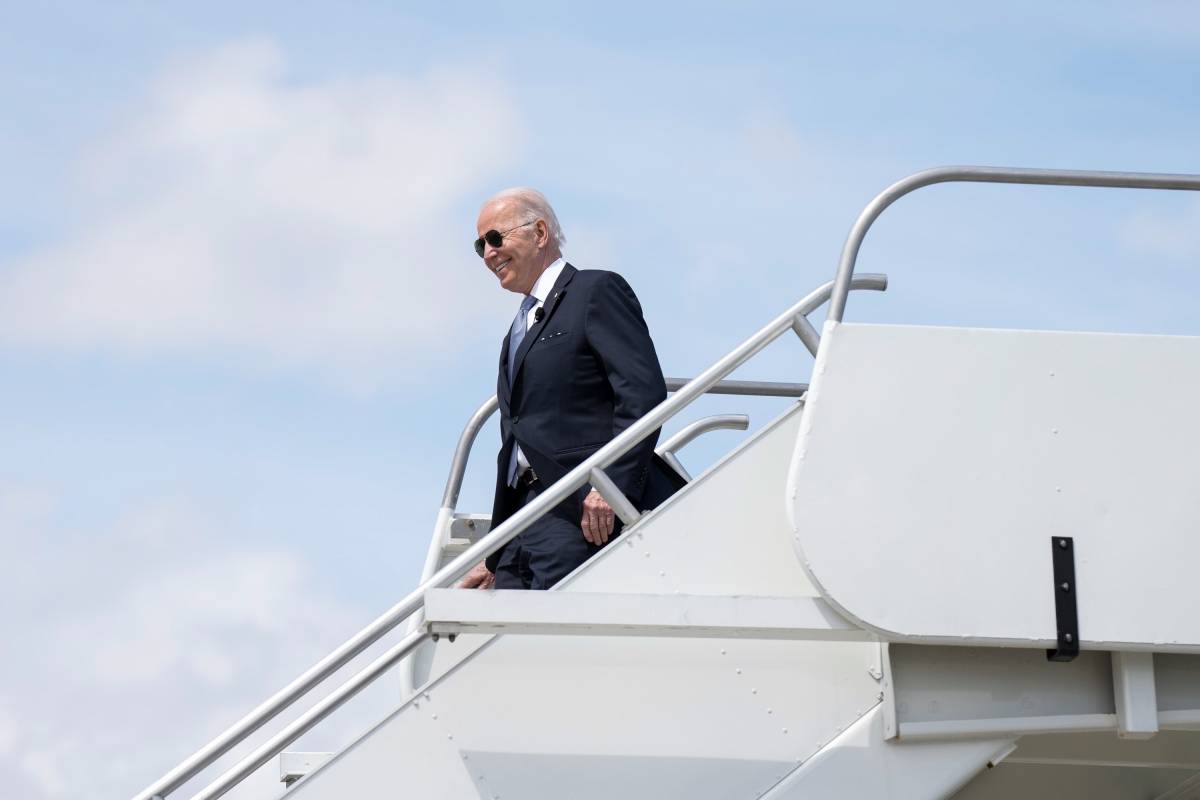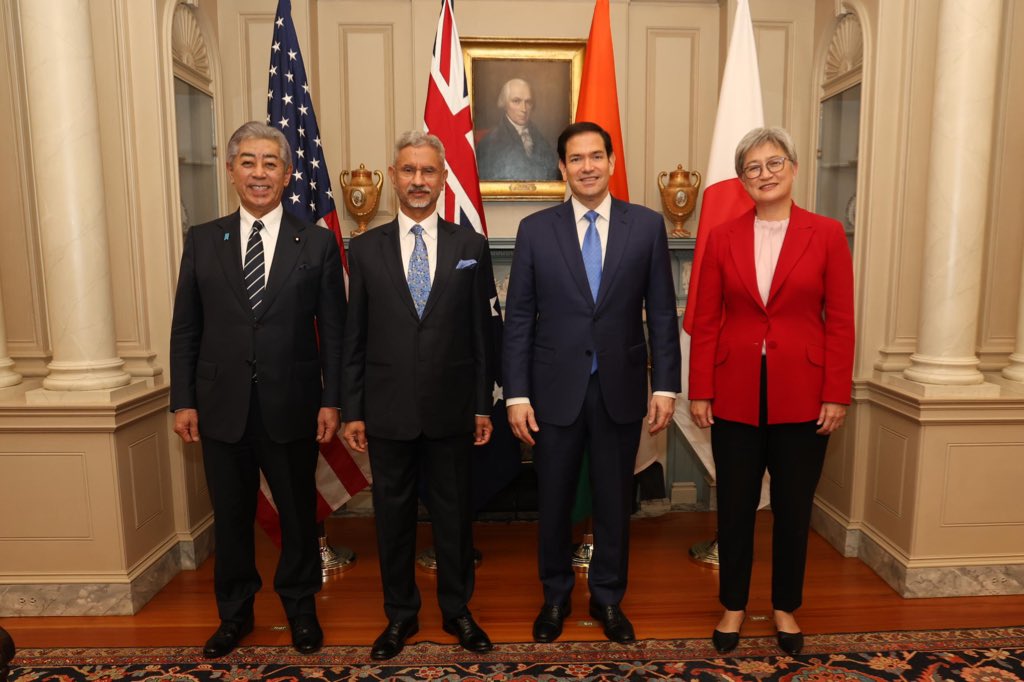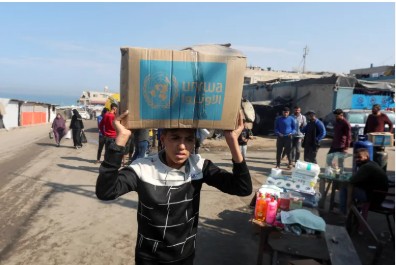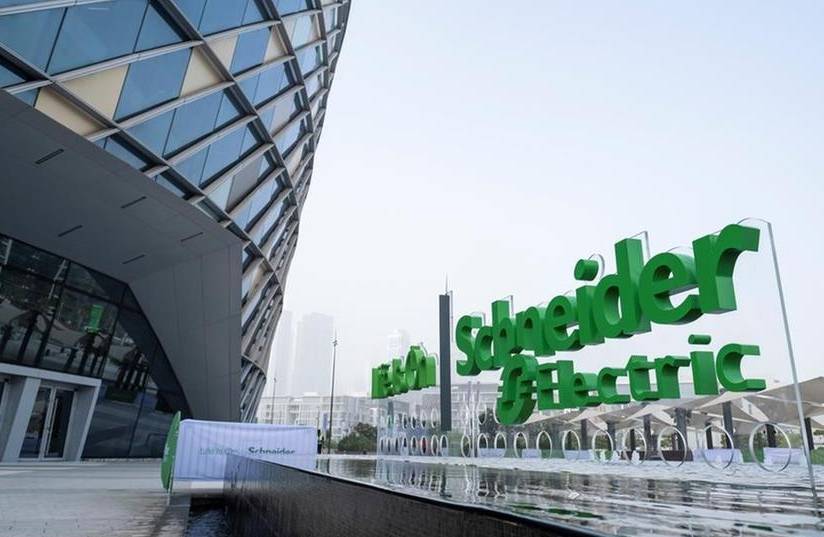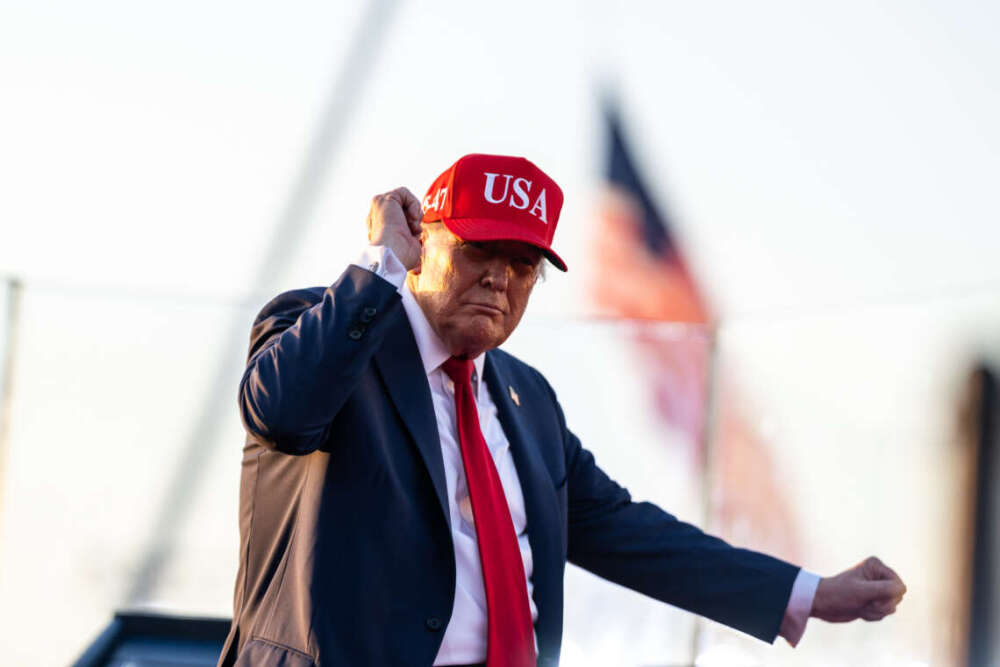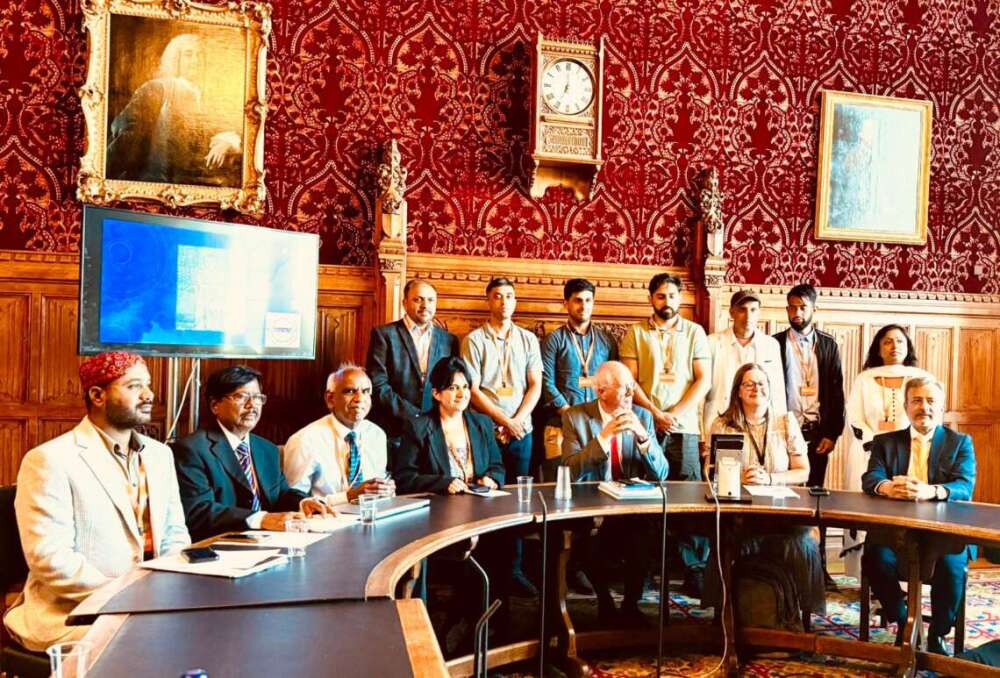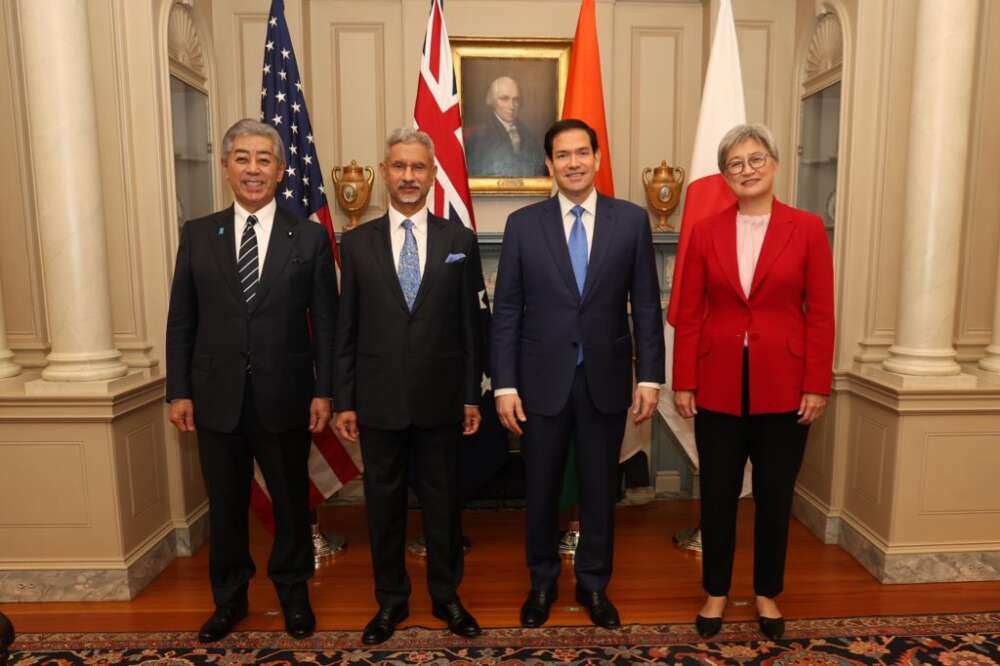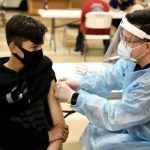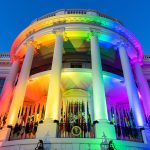President Biden is also set to participate in the second in-person Quad Summit to reaffirm commitment for a free and open Indo-Pacific region, reports Asian Lite Newsdesk
In a first visit to Asia after assuming office, US President Joe Biden departs to South Korea and Japan to reaffirm vital security alliances with the two nations and also to send a clear message to China.
The visit aims to warn China against any act of aggression anywhere in Asia, especially in Taiwan, like Russia did in Ukraine, according to analysts, media reported.
The six-day trip is happening after spending several months organising allies to punish Russia for its invasion of Ukraine, which Moscow calls a “special operation.”
Biden is also set to participate in the second in-person Quad Summit to reaffirm commitment for a free and open Indo-Pacific region.
Speaking at a press briefing ahead of Biden’s visit, National Security Advisor (NSA) Jake Sullivan said this is his first trip as President to the Indo-Pacific region, which he will use to assert American leadership in this vital region of the world.
“President Biden has rallied the free world in defence of Ukraine and in opposition to Russian aggression. He remains focused on ensuring that our efforts in those missions are successful. But he also intends to seize this moment — this pivotal moment — to assert bold and confident American leadership in another vital region of the world: the Indo-Pacific,” said Sullivan.
In South Korea, Biden will meet with the newly elected Korean President Yoon Suk-yeol, who campaigned on the platform of strengthening the US-ROK alliance and on improving relations between the ROK and Japan.
He will engage with technology and manufacturing leaders in Korea and consult on the challenge posed by the North Korea’s nuclear and missile programs.
In Japan, US President will meet with Prime Minister Fumio Kishida and his team. “And we believe that the US-Japan alliance, at this moment, under these two leaders, is at an all-time high. This visit can take us even higher,” said Sullivan.
The two leaders will consult on the broad and deep economic relationship between our two countries, as well as on a range of regional and global security issues. “We’ll also cover the North Korea as well as a number of other security issues both in the Indo-Pacific and more broadly around the world.”
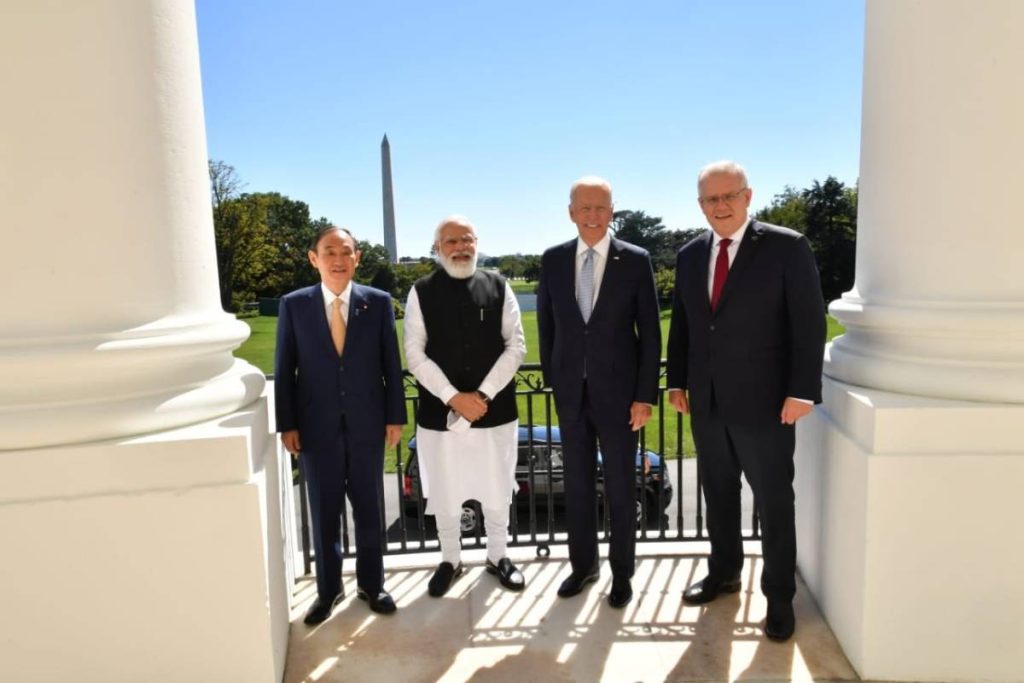
Quad summit in Japan
In Japan, Biden will also participate in the second in-person Quad Summit, following the summit he hosted here in Washington last September.
He will do this alongside the Prime Ministers of Japan, India, Australia. “And we believe that this summit will demonstrate, both in substance and in vision, that democracies can deliver and that these four nations working together will defend and uphold the principles of a free and open Indo-Pacific,” he said.
While he’s in Tokyo, US President will also launch a new economic initiative for the region: the Indo-Pacific Economic Framework.
“IPEF,” as we affectionately call it, is a 21st-century economic arrangement, a new model designed to tackle new economic challenges — from setting the rules of the digital economy, to ensuring secure and resilient supply chains, to managing the energy transition, to investing in clean, modern, high-standards infrastructure.
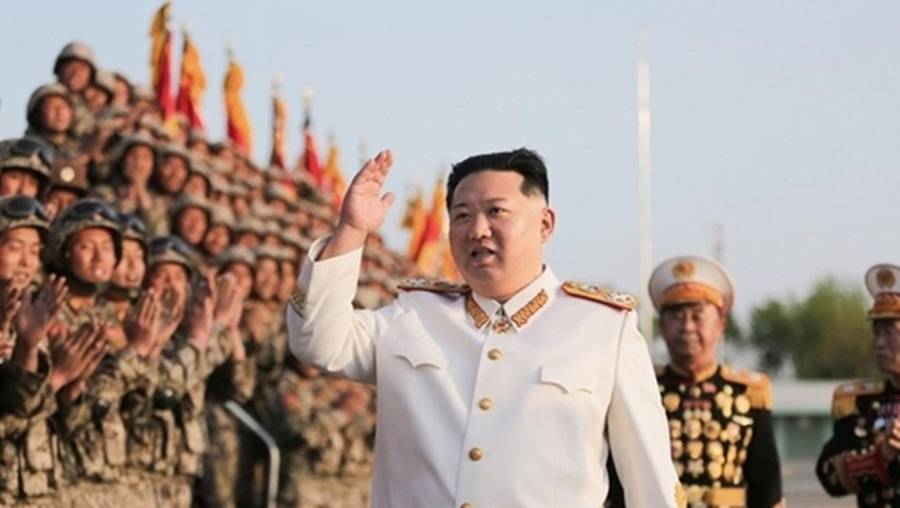
North Korean threat
North Korea has been gauging the timing to conduct what would be its seventh nuclear test after completing its preparations.
The National Intelligence Service also said in a closed-door briefing to lawmakers that there are signs North Korea could launch an intercontinental ballistic missile (ICBM) even though it is grappling with the COVID-19 outbreak, South Korea’s spy agency said Thursday.
The assessment came amid concerns that North Korea could carry out a major provocation during President Biden’s visit to Seoul this week for a summit with President Yoon, Yonhap News Agency reported.
“It would not be abnormal for North Korea to launch a missile or conduct a nuclear test at one point, as signs (of such provocations) are detected and Pyongyang has almost completed its preparations,” Rep. Kim Byung-kee of the main opposition Democratic Party told reporters.
Kim Tae-hyo, the first deputy chief of South Korea’s presidential National Security Office, said Wednesday the North’s preparations for an ICBM launch appear to be “imminent.”


